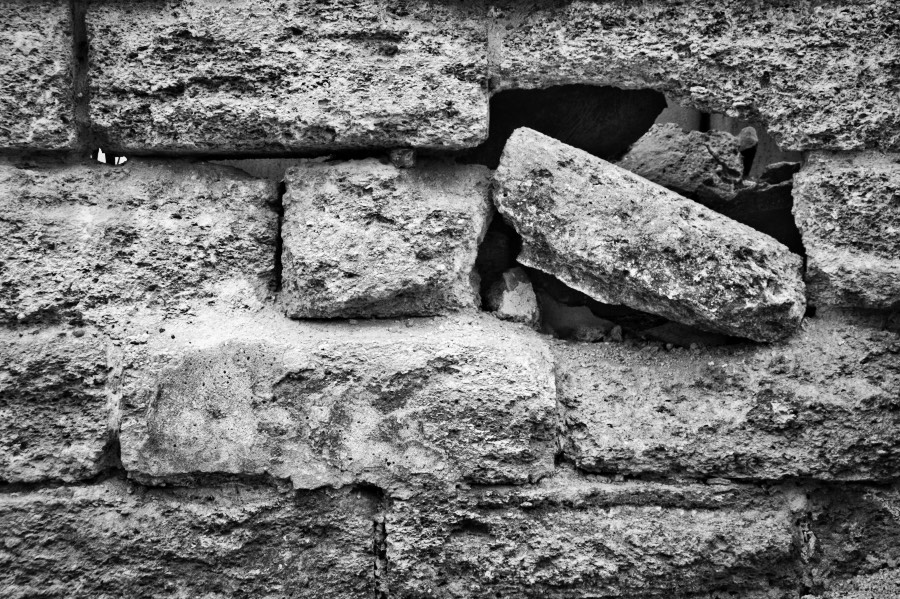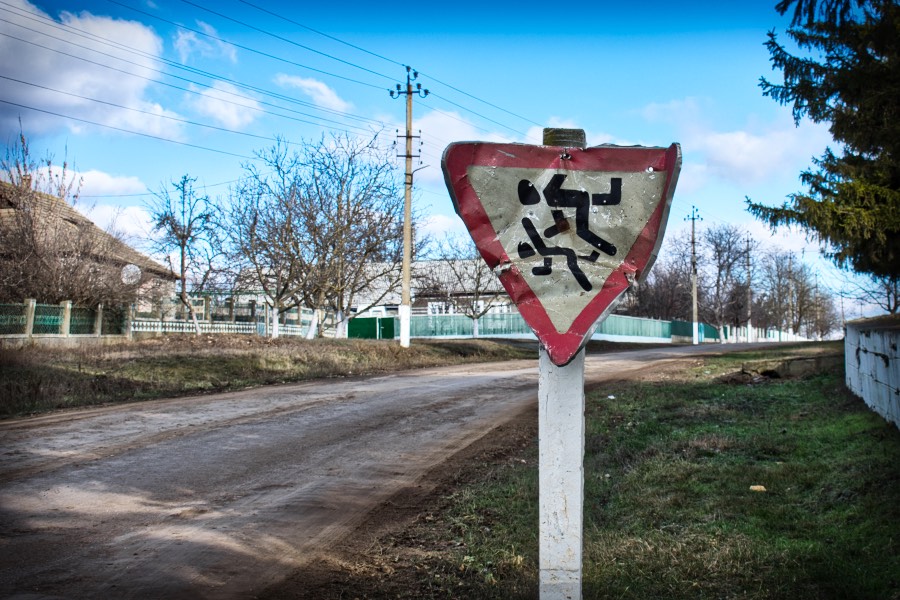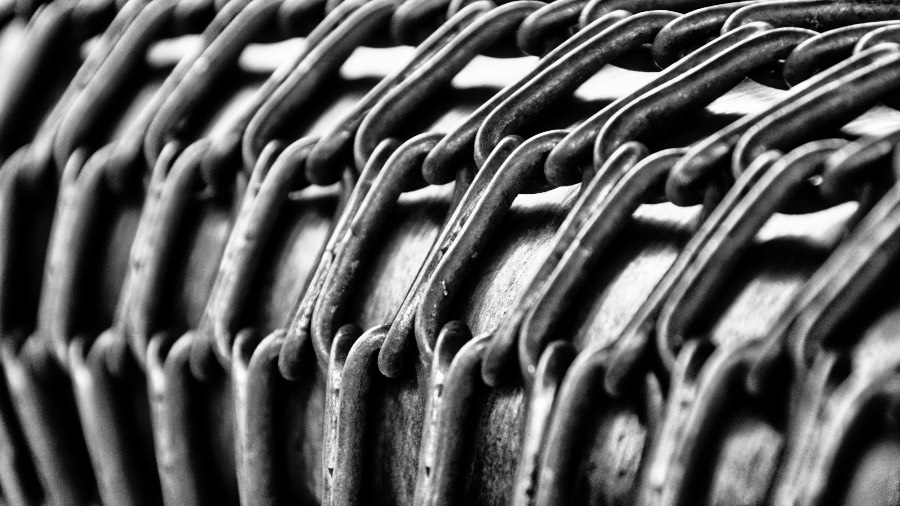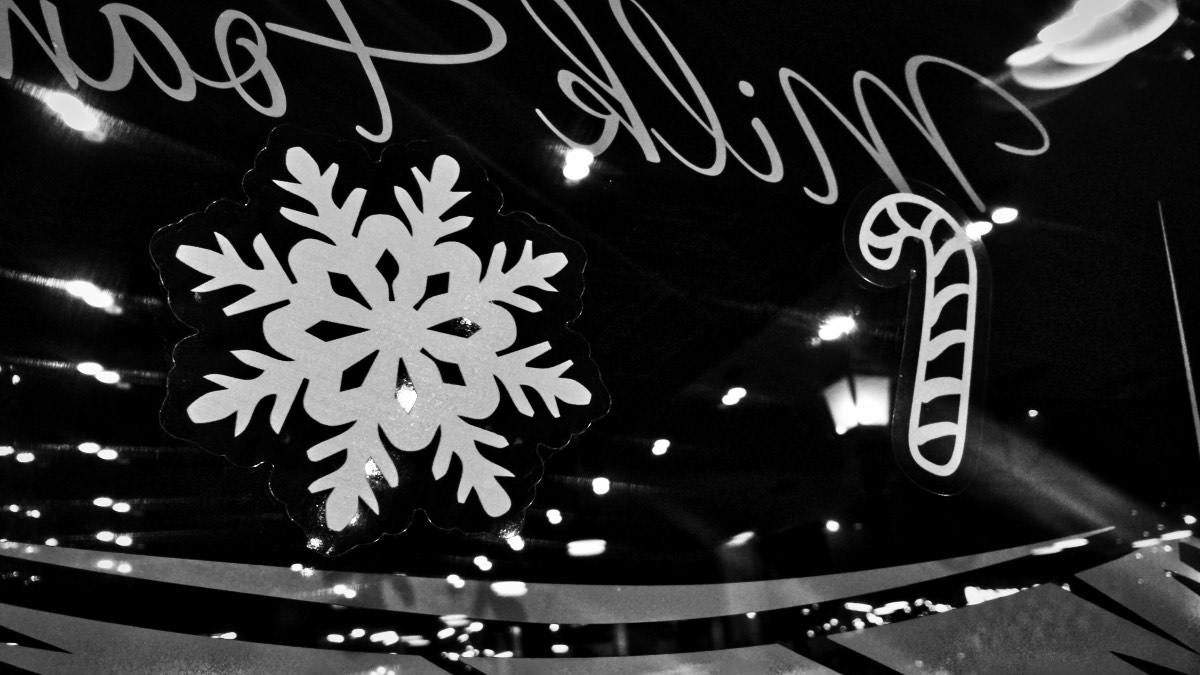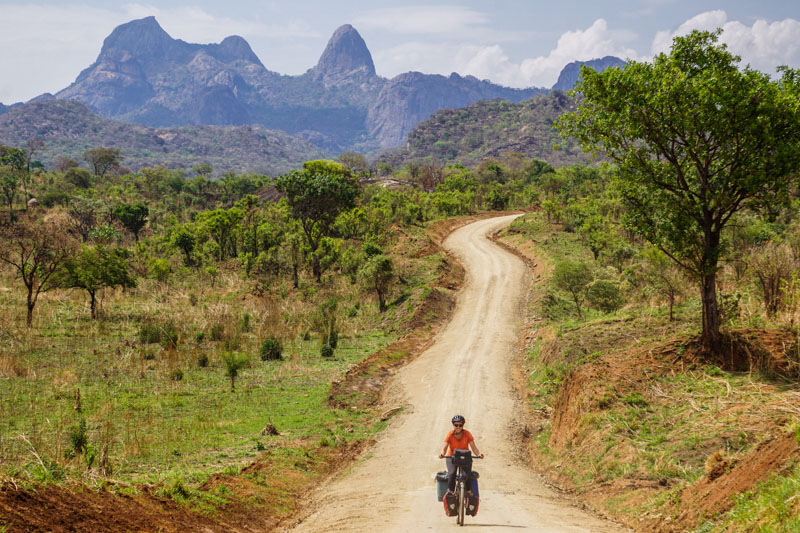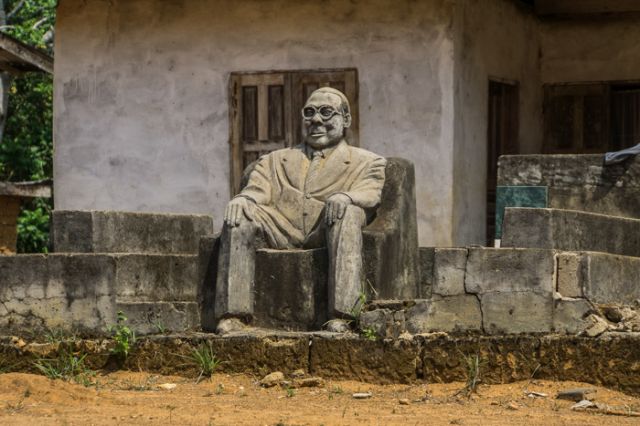“Gravity’s bind
Haken; “Bound by Gravity” (Affinity)
embraces all.”
A couple of weeks ago, it was the first time I noticed how much the chirping of the birds in my neighborhood varied over time — while I sat to meditate under the instruction to listen to sounds, I could eventually distinguish four or five different patterns and timbres. That perplexed me — the only birds I remembered having seen before were the stupid pigeons.
I could also hear the ebb and flow of not so distant traffic one building over. It’s occasionally cut by the impetus of a hasty driver, the screeching breaks of a marshrutka with long-overdue maintenance, or the higher-pitched motorcycles — more subtly, by the incomprehensible audio announcements when the lights in Odesa turn green for pedestrians, the tram’s palpitation along its tracks, and the steps and chatter from people passing by.
I couldn’t quite account for some distant, irregular beeps — could they be the check-out terminal at the convenience store?
Surprisingly, the waves of traffic noise themselves were rather settling.
Of course, I am concerned — paranoid, even.
I’m anxious about Granny and her 85 generous years. They were celebrated a few weeks ago by an entire day in the hospital for surgery in the knee. “It’s now or never,” the doctor told her as COVID-19 began to take hold in Brazil. “Then let’s do it now because I won’t be able to handle the pain,” she replied.
I can do nothing but be grateful that Granny is privileged enough to have knee surgery, and that my uncle is there to help her. I can only trust that they’re taking the necessary precautions to keep both of them as safe as possible during their follow-up visits to the doctor or the pharmacy — he’s not so young either.
I believe I don’t need to go in detail over everything else I’m stressing out about — most of you probably have your own repertoire. If you don’t, I’ve just read (and recommend) the musings of Adam Przeworski — “the greatest political scientist alive,” according to my sister — his academic granddaughter, and a reputable political scientist herself.
Since that first session, I’ve realized that some of the birds in my neighborhood were peckers! I could now hear them flapping their wings — they’d sometimes land on my window sill. On the traffic front, I’ve noticed people getting in their cars and leaving in the morning — the remotely deactivated locks, doors opening, and then closing, engines starting, the eventual departure maneuvers — I once heard the alert of a truck on reverse. Dogs would bark, cats would meow and growl and hiss, and the people would continue to talk in a growing variety of manners. I’m struggling to describe something that sounded like the loading/unloading of whatever that was, made especially noticeable by its being dropped on the ground. The proxies for the wind seemed countless — trees, clothes hanging to dry, windows popping in or out with sudden changes in pressure, dubiously installed sheets of metal, plastic or wood lining the outside of each balcony according to the taste and financial means of its stewards. I found out that those mysterious beeps came from the magnetic locks of the next building, as they were invariably followed by the entrance doors snapping shut.
Who knows what else was there to notice — inside my apartment, I could often hear my flatmate or our cat on top of my breathing, swallowing, and otherwise trying hard not to move — sometimes I fart, and it’s audible.
Last week I returned to Stryi, and the auditory exploration and discovery began all over again in my new environment.
If I may write about this candidly, Granny has always been just a fall or whatever away from not being there to give me her quintessential “bênça” next time I go to Brazil — my placeholder in this brief note for all the potential ruin I’m perennially anxious about. If anything, now I have a globally shared and largely validated excuse for that pathological anxiety — or do I?
Today would have been the first day of my next epic cycle tour, and that’s curiously not what I’m sad I might be missing out. Indeed, nearly everybody out there has something significant to say about the present circumstances. I fear the most that, in the future, I’ll have lived through an apocalyptic global pandemic, and will have nothing remarkable to share about my own experience — that I won’t even feel like I was part of it because I’m not a doctor on the frontlines, a leader confronted with difficult decisions, a pundit, or even a stranded traveler with a unique story to tell.
The best and, increasingly, the only thing I can do to help with this crisis is to stay home as much as I can. So, when I wake up tomorrow, I’ll once again sit down for another hour and listen for the birds. I’ll then carry on with my day just like I’d have done otherwise — bound by everything that binds me, including the now universal gravity of coronavirus.
___
Featured photo: ONE LESS BRICK ON THE WALL (Odesa, Ukraine, Winter ’20)
Did you enjoy this piece? Sign up for my newsletter, and
get more like that delivered regularly, straight into your inbox 🙂

